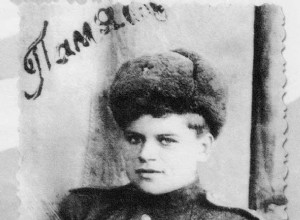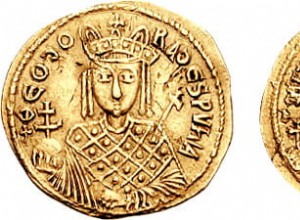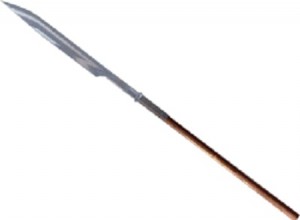If at the time we talked about the Nachthexen or Witches of the night , that is what the Germans called a group of women belonging to the 588th Night Bombardment Regiment of the Soviet Union who turned their nights into real nightmares, this time it is a single woman who is the protagonist of sowing




